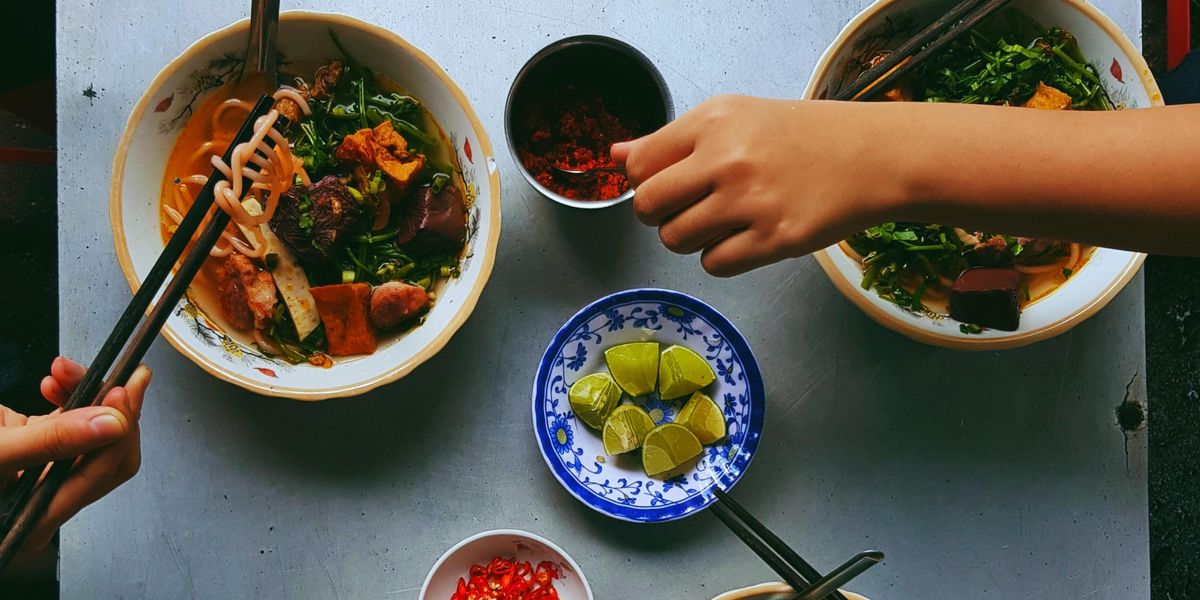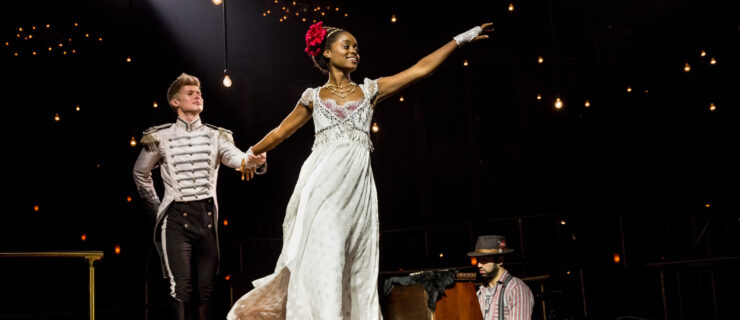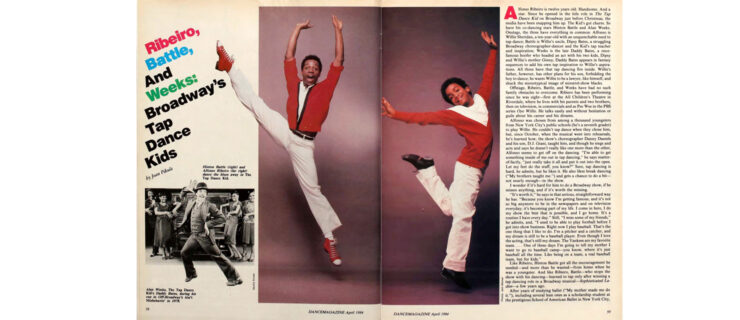What Should You Eat After Performing to Recover and Refuel?
After a curtain call ends, you might want nothing more than to crawl into bed. But first, there’s one crucial step to take: You need to eat something. Refueling after strenuous activity can help you wake up the next morning feeling energized. Not only does your body do a lot of replenishing work while you’re asleep, but “you may be more susceptible to illness and injury if you’re not restoring your body with nutrition,” says registered dietitian Nasira Burkholder-Cooley. But how much food do you actually need at 11 pm, and what nutrients should you aim to consume?
Have the Right Nutrients
During a performance, your body runs on carbohydrates and glycogen (the stored form of carbs in your muscles), says registered dietitian nutritionist Tiffany Mendell. Consuming carbs after a show will replenish your glycogen stores, keeping you from feeling run-down the next day. You also want some protein to repair muscle tissue, as well as healthy fats (salmon, tuna, avocado, olive oil, nuts and seeds) to fight inflammation.
Antioxidants can also help combat cell-damaging free radicals created by intense activity: Prioritize vitamin C (citrus, red bell pepper, strawberries, Brussels sprouts), vitamin A (nuts, seeds, orange and dark green leafy vegetables) and selenium (Brazil nuts, eggs, fish, brown rice).
“I like the MyPlate approach, which focuses on proportions,” Burkholder-Cooley says. “About one-fourth of your plate is lean protein, one-fourth is a starch, and half is fruits and vegetables, with a dairy or calcium-rich side.” Depending on your appetite and dietary restrictions, you could try something like:
- Brown rice, chicken breast or fish, and steamed vegetables
- Sweet potato with black beans and cheese
- Lentil soup with spinach, whole-grain crackers and sliced bell peppers
- Smoothie with tart cherries, pineapple, spinach and almond butter
Don’t overlook your hydration needs. “Dehydration can impair muscle recovery, contribute to soreness and lead to fatigue the next day,” Mendell says. It can also cause gastrointestinal issues, like bloating and constipation.
Don’t Wait
Dancers can be skittish about eating late at night, worried that it will lead to weight gain. However, Burkholder-Cooley points out: “There’s a window of opportunity following strenuous activity where our tissues are more receptive to absorbing and utilizing nutrition.”
You generally want to eat within two hours after the show. If you aren’t able to fit in a proper meal in that time, have a snack: “Yogurt, fruit, a protein bar—something that will prevent that catabolic state where you’re burning your own tissues for fuel,” she says.
Allow for Indulgence
There’s nothing wrong with celebrating after a successful performance. However, Mendell does encourage eating a healthy “mini-meal” before you hit up the sweet stuff at the cast party. “Grab some crudités and hummus, or shrimp cocktail for protein,” she says, “and then go for a cupcake.”
But go easy on the alcohol—it can slow recovery and inhibit nutrient absorption. “It’s also empty calories,” Burkholder-Cooley says, “rather than the nutrient-dense foods you need after a show.” Mendell adds that alcohol can interfere with sleep quality.
Eat to Snooze
Seek out foods that are conducive to sleep, suggests Mendell. For instance, magnesium is a precursor to GABA, a neurotransmitter that helps with sleep. It can be found in dark green leafy vegetables, nuts, seeds, bananas and yogurt. And the sleep hormone melatonin is in tart cherries, strawberries, tomatoes, bell peppers and eggs. Chamomile tea can also help calm your body after an adrenaline-fueled performance.




